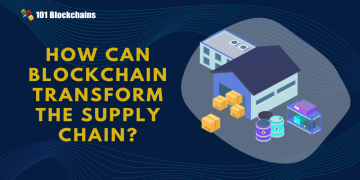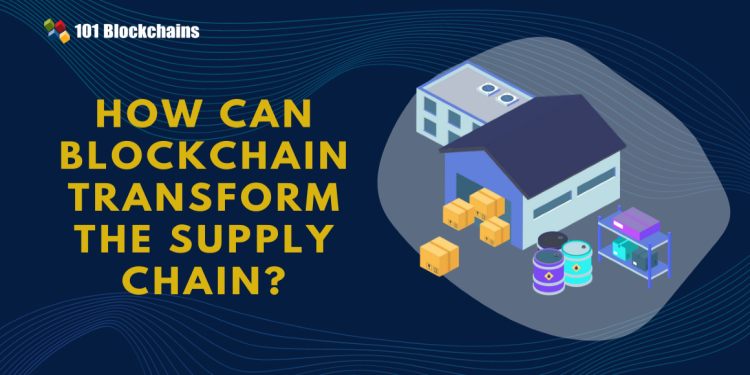Supply chains are the backbone of any economy—moving goods from raw materials to final products in stores. But they’re also complex, often opaque, and vulnerable to fraud and inefficiencies. Enter blockchain technology, a revolutionary tool that promises to bring transparency, security, and efficiency to supply chains worldwide.
Let’s dive into how blockchain is changing the game and what this means for businesses and consumers.
🌟 What is Blockchain?
✅ Decentralized Ledger: Blockchain is a digital record-keeping system where transactions are securely stored across a network of computers.
✅ Immutable Records: Once data is added, it can’t be changed or tampered with—ensuring trust.
✅ Transparency & Security: Everyone in the supply chain can see and verify transactions in real-time.
🚀 How Blockchain Can Improve Supply Chains
✅ Transparency: Blockchain creates a single source of truth for every step—reducing disputes and improving trust between suppliers, manufacturers, and retailers.
✅ Traceability: Consumers and businesses can track a product’s journey, from farm to fork or factory to shelf.
✅ Reduced Fraud: Blockchain makes it harder for counterfeit goods to enter the supply chain.
✅ Faster Payments: Smart contracts (self-executing agreements) can automatically trigger payments when goods are delivered.
✅ Efficiency & Cost Savings: Real-time updates reduce paperwork and manual tracking, cutting administrative costs.
💡 Real-World Examples
🔹 Food Safety: Walmart and IBM use blockchain to trace food products like mangoes from farm to store in seconds, ensuring freshness and safety.
🔹 Pharmaceuticals: Blockchain can track medicines through the supply chain, fighting counterfeit drugs and ensuring patient safety.
🔹 Luxury Goods: Companies like De Beers are using blockchain to track diamonds, ensuring ethical sourcing and authenticity.
🚧 Challenges to Adoption
🔹 Integration with Old Systems: Many companies still use outdated systems that don’t easily connect with blockchain.
🔹 Scalability: Large-scale blockchain solutions can be expensive and technically complex to implement.
🔹 Data Privacy: Balancing transparency with sensitive business data can be tricky.
🔹 Awareness & Regulation: Many businesses are still learning about blockchain and how to comply with evolving regulations.
🌈 The Future Ahead
Despite the challenges, blockchain is gaining momentum in India and around the world. As costs come down and technology becomes more accessible, more businesses—big and small—will embrace blockchain to:
✅ Improve trust
✅ Enhance quality control
✅ Reduce costs
✅ Boost customer confidence
💬 Final Thoughts
Blockchain isn’t just a buzzword—it’s a powerful tool that can make supply chains smarter, safer, and more efficient. In a world where consumers demand more transparency and sustainability, blockchain could be the answer.
💬 What do you think? Will blockchain reshape your industry? Share your thoughts below!
Would you like me to add India-specific examples or explore how blockchain is already being used in Indian supply chains? Let me know! 🚀

































































